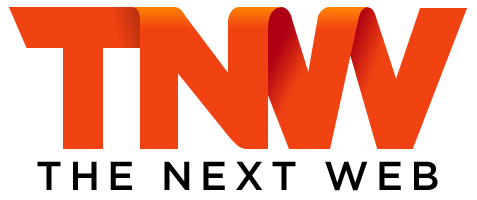Insights Over Jargon With Zee From The Next Web
February 23, 2012
Editor’s Note: This is the third post in a new Q&A series with Parse.ly Dash customers. Every other week we’ll feature an awesome publisher that’s using Dash and dig into how they’re making use of freshly grown insights.

We recently had the privilege to interview Zee Kane, the Editor in Chief and CEO of The Next Web, to shed some light on how he’s using Dash to shape conversations on the Web. The Next Web is a fast-paced online publisher reporting on International technology news, business and culture. As one of the early adopters to Dash, they’ve provided us with critical feedback that lead to the development of new features and capabilities, and more-broadly, helped us hone in on the specific needs of publishers.
Parse.ly: Why did you choose to use Dash at The Next Web? What were the pain points or opportunities you were trying to address?
TNW: I chose to use Dash at TNW after hearing about it via a peer in the tech industry. The reason I was initially drawn to try it is quite simply its focus on analytics for the publisher. I’d been looking for a tool that truly gave us insight into the content and our performance explained in publisher language rather than your standards analytics jargon.
Parse.ly: I’m sure you use or considered using other products. How did you decide on Parsely Dash?
TNW: We did compare Parsely with other products and it came down to a choice of two. We eventually decided to work with Parsely because I already knew a few of its notable clients. I was also aware the company was funded (so wouldn’t be disappearing off anywhere soon) and it also had an all-star founding team. What’s more, Parsely has a particularly receptive team who have been incredibly helpful at demonstrating the value of the product but also building new features.
Parse.ly: What type of advantage does Dash give you?
TNW: The primary advantage that Dash gives us is the ability to narrow down by both by content and author to establish what and who is performing particularly well or poorly. Whilst other analytics tools are ideal for tracking traffic, referrals, growth and more. Dash is a publisher and editors tool for establishing the realities of what content and which authors are performing well in near real time too.
Parse.ly: What new features would be most useful to your business?
TNW: Three features that would be the most useful: 1. Reports: Being able to receive email reports at specific times detailing how we’ve performed during particular periods would be incredibly useful. 2. Real Time: Currently Dash is only able to reflect on the activity on the site over the last 10 minutes, good but could be better. Making that even faster would help us to manage our site’s content around the Parse.ly’s readings. 3. Greater control over permissions
Parse.ly: Do you use Dash more for getting more value out of existing content, help determine what new content you should create, or to evaluate performance of authors, topics, posts, etc?
TNW: We primarily use it for the latter, to evaluate performance. There really isn’t a tool out there now which does it better, particularly with the author performance tracking. That said, we should absolutely devote some time to the prior once we’ve got into the swings of things. We’re still getting to grips with everything that Dash brings to the table. It’s a deceptively powerful tool.
– Zee Kane, Editor in Chief and CEO of The Next Web